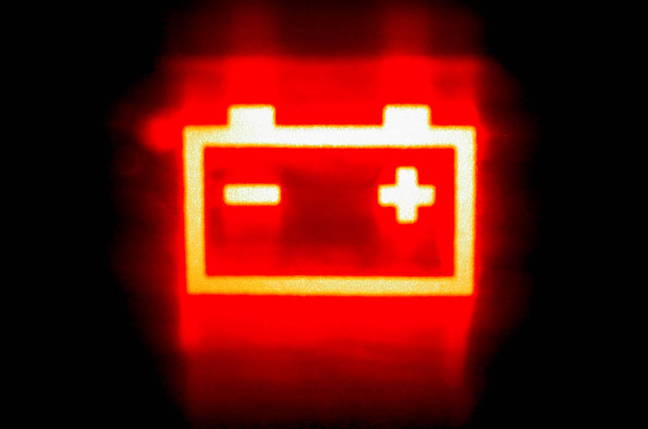
A Victoria-based energy storage research team claims to have discovered the “ideal combination” of ingredients to create safer, more efficient, and higher energy density batteries for use in households and industries.
Deakin’s Institute for Frontier Materials researchers, in collaboration with researchers from the University of Western Australia and Monash (Victoria), said super concentrated ionic liquids were the key to the breakthrough, in a paper published Tuesday in Nature Materials.
“This finding is very significant because it explains for the first time why an ideal combination of sodium metal anode and safe, high performing ionic liquid electrolytes can lead to much better batteries all round,” said Deakin’s Professor Maria Forsyth, who co-led the study.
“Using molecular simulations coupled with experimental design, this is the first time we’ve been able to explain this optimised behaviour.”
In particular, the ionic liquids would work to make batteries safer, reducing the risk of thermal runaway, a problem that lithium-ion have proven more prone to, and which can result in a battery catching on fire.
And while battery fires remain a rare occurrence for most major manufacturers of home battery systems, the lingering threat – no matter how small – has helped contribute to some of the world’s most restrictive residential battery installation guidelines in the world for Australia.
“In this new study we’ve explained how super concentrated ionic liquids that contain liquid electrolytes with very high salt concentration can help with battery stability and mitigate this safety issue,” said Dr Fangfang Chen, another leader of the research team.
Dr Chen said electrolytes currently used in li-ion batteries could cause “dendrite formation” when they were frequently charged and discharged, which is a growth of lithium metal inside the battery.
“This can cause a short circuit that releases a large amount of heat and can lead to batteries exploding,” Dr Chen said.
The study has demonstrated the mechanism for sodium metal batteries, but the team says the findings are applicable to other advanced batteries including lithium and zinc metal.
“Society is craving increased battery life, energy density and safety for state of the art lithium-ion batteries that can be used in energy storage for applications such as powering transportation and clean energy for homes,” said Professor Forsyth.
“A sustainable energy future will require the revolutionary use of clean electricity to power our lives. This, in turn, requires highly efficient energy storage, which is at the heart of our research.
“Advances in science that enable rechargeable batteries to use reactive metals including lithium and sodium as anodes are a key to achieving high energy density energy storage technology; whereas better electrochemical reliability to mitigate safety concerns linked to reactive metals are ongoing and significant global challenges.”
Also central to the study was ARC Centre of Excellence for Electromaterials Science (ACES) PhD student, Dmitrii Rakov
The research, Engineering high energy density sodium battery anodes for improved cycling with super concentrated ionic liquid electrolytes, was prepared as part of the ARC Centre of Excellence for Electromaterials Science (ACES) from a federal government grant.

Sophie is editor of One Step Off The Grid and deputy editor of its sister site, Renew Economy. Sophie has been writing about clean energy for more than a decade.



